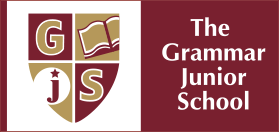CLASS 5
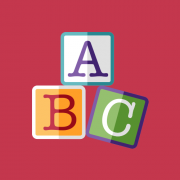
ENGLISH
Reading Comprehension
Pupils are taught to maintain positive attitudes to reading and are exposed to an increasingly wide range of fiction, poetry, plays, non-fiction and reference books or textbooks. They learn to ask questions to improve their understanding, draw inferences such as inferring characters’ feelings, thoughts and motives from their actions, and justifying inferences with evidence. They can also predict what might happen from details stated and can summarize the main ideas.
Spelling
Pupils are taught to use further prefixes and suffixes and understand the guidance for adding them, to distinguish between homophones and homonyms, use dictionaries to check the spelling and meaning of words and enhance their vocabulary.
Writing and Composition
Pupils are taught to plan their writing, select appropriate grammar and vocabulary, describe settings, characters and atmosphere. They learn to integrate dialogue, summarize longer passages and ensure the consistent and correct use of tense throughout a piece of writing. They can also proof-read for spelling and punctuation errors. They learn to write in different forms of writing such as describing people and places, narrative, letter writing, persuasive and writing instructions.
Grammar
Pupils are taught to use and recognise passive and active verbs, adverbs, nouns, pronouns, adjectives, articles, prefixes, suffixes, prepositions, comparative and superlative forms and expanded noun phrases. They learn the correct use of punctuation including the possessive apostrophe, similes, onomatopeia and articles. They learn the perfect tenses and reinforce their knowledge of the present, past and future tenses.
MATHEMATICS
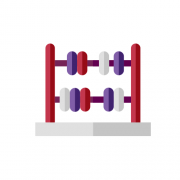
Number and Place Value
Pupils are taught to read, write, order and compare numbers to a billion and determine the value of each digit. They can round any number up to 1 000 000 to the nearest 10, 100, 1000, 10 000 and 100,000. They solve number problems and practical problems that involve all of the above.
Multiplication and Division
Pupils are taught to identify multiples and factors, including finding all factor pairs of a number, and common factors of two numbers. They can multiply numbers up to 4 digits by a two-digit number using a formal written method, including long multiplication for two-digit and three-digit numbers. They divide numbers up to 4 digits by a two-digit number using the formal written method of long division and interpret remainders appropriately for the context. Pupils can multiply and divide whole numbers and those involving decimals by 10, 100 and 1000.
Measurement
Pupils are taught to convert between different units of metric measure, calculate the perimeter, area and volume of various shapes. They use all four operations to solve problems involving measure using decimal notation.
Addition and Subtraction
Pupils are taught to add and subtract whole numbers with more than 4 digits and solve multi-step problems.
Fractions, Decimals and Percentages
Pupils are taught to add, subtract, compare and order fractions with different denominators, write equivalent fractions, recognise mixed numbers and improper fractions and convert from one form to the other. They learn to multiply proper fractions and mixed numbers by whole numbers, read and write decimal numbers as fractions. Pupils can round, order and compare decimals with up to three decimal places. They can write percentages as a fraction with denominator 100, and as a decimal. They solve number problems and practical problems that involve all of the above.
Geometry – Properties of Shapes
Pupils are taught to recognize acute, obtuse, straight, and reflex angles. They can draw given angles, and measure them in degrees. Pupils use the properties of rectangles to deduce related facts and find missing lengths and angles. They learn how to calculate area, perimeter and volume.
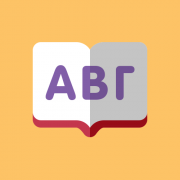
GREEK
The Greek lesson in the Grammar Junior School is of equal importance to the English lesson for the Greek-speaking pupils. We follow the guidelines set and use the books provided by the Cyprus Ministry of Education and Culture. The objective of the lesson is to learn the Greek language through Reading, Writing, Grammar and Vocabulary. Through the Greek lesson our pupils also become familiar with and learn to appreciate Cyprus history, culture and traditions.
In class 4, pupils are taught grammar and sentence structure as well as the skills of reading comprehension. They engage in productive conversations and they are encouraged to express their feelings using appropriate vocabulary.
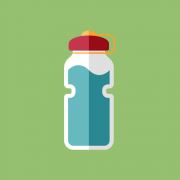
PHYSICAL EDUCATION
Pupils learn to collaborate and compete, and they develop an understanding on how to improve in different physical activities and sports. They play competitive games including basketball, football, dodge-ball, baseball and biathlon. They learn to swim competently, confidently over 25 metres using a range of strokes including front crawl, backstroke and breaststroke. They develop flexibility strength and technique in their swimming.

GEOGRAPHY
Pupils are taught about the equator, the tropics, poles and various settlements around the world. They learn about earthquakes, volcanoes, the environment, compass bearings and directions and atlas skills.
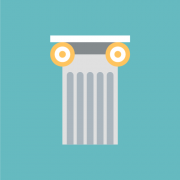
HISTORY
Pupils are taught about the History of Cyprus in the Middle Ages and the History of England at the time of the Tudors and Stuarts.
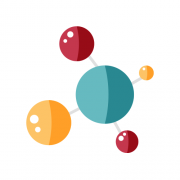
SCIENCE
Living Things and Their Habitats
Pupils should be taught to describe the differences in the life cycles of a mammal, an amphibian, an insect and a bird.
Properties and Changes of Materials
Pupils are taught to compare and group together everyday materials based on their properties, including their hardness, solubility, transparency, conductivity and response to magnets. They learn that some materials will dissolve in liquid to form a solution, and describe how to recover a substance from a solution. They can use their knowledge of solids, liquids and gases to decide how mixtures might be separated, including through filtering, sieving and evaporating. They learn about evaporation and condensation, light and shadows.
Earth and Space
Pupils are taught about the solar system and use the idea of the Earth’s rotation to explain day and night and the apparent movement of the sun across the sky.
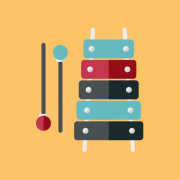
MUSIC
Pupils are taught to play a musical instrument with confidence, understand musical notations, appreciate a wide range of music and learn about the history of music. They are encouraged to join our school choir, the orchestra and to perform solo.
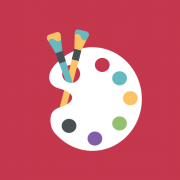
ART
Pupils are taught to develop their techniques and the use of materials with creativity. They also learn about renowned artists in history.
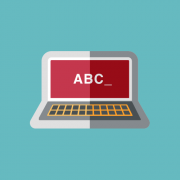
COMPUTERS
Pupils follow the six-year Funecole Programme which is endorsed by Cambridge International Examinations. Pupils are taught the principles of information and computation; how digital systems work and how to put this knowledge to use through programming, so they become active participants in a digital world.

STEM
STEM (Science, Technology, Engineering, Mathematics) represents a blended learning, project-based curriculum. Students are actively engaged in hands-on minds-on activities with an application to the real world. Problem solving, critical thinking, collaboration, research, observation, knowledge construction and self-regulation are encouraged in every lesson.
Pupils are taught about design process, are introduced to robotics, programming, coding and algorithms, they build models using motion sensors, they use tactile readers, understand basic principles of earthquake engineering and design, use the tune booster, Ear Gongs and the 3-D printer.
